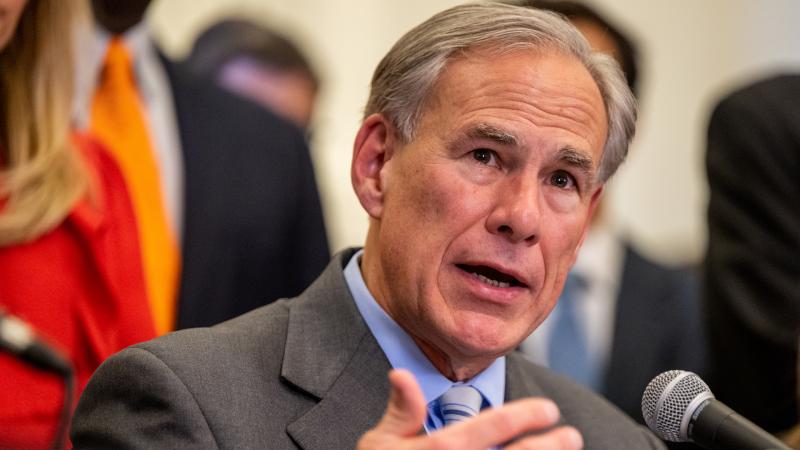Judge blocks rule giving foreign farm workers in four states bargaining rights
The visa program, with its origins dating back to 1952, allows farmers to employ legal migrants on a short-term basis because there are not enough area residents to perform the work needed.
A federal judge in Kentucky issued a preliminary injunction that keeps the Biden Administration, for now, from enforcing a new regulation in four states that includes language allowing migrant farm workers to receive collective bargaining rights.
U.S. Chief District Judge Danny Reeves issued the temporary reprieve in a 42-page order. Besides Kentucky, it also applies to farms in Alabama, Ohio and West Virginia.
Monday’s injunction follows a similar ruling by a federal judge in Georgia this summer whose order covered farms in 17 states that were parties to the suit. Because Kentucky was not covered under it, seven farmers from the Bluegrass State filed a lawsuit against the Biden Administration Sept. 16 in the federal court in Lexington, seeking the same protection from the U.S. Department of Labor’s new rule that took effect June 28 regarding workers in the country under the H-2A visa program. Five national and regional trade groups also joined the suit, citing that they help farmers apply for the visas, and those farmers are based in states that were and weren’t covered by the Georgia ruling.
Kentucky Attorney General Russell Coleman, Ohio Attorney General Dave Yost and their counterparts in West Virginia and Alabama filed a motion to intervene on behalf of the plaintiffs four days later.
The visa program, with its origins dating back to 1952, allows farmers to employ legal migrants on a short-term basis because there are not enough area residents to perform the work needed.
Reeves’ order states that while the Labor Department is within its rights to issue a new rule, he wrote that several aspects of the regulation “are arbitrary and capricious” and contradict existing laws. That includes the National Labor Relations Act, which does not cover farm workers.
While the government argued that it did not bring migrant farm workers under the NLRA, Reeves said that the new rule’s wording sought to “create a new right” for the visa holders without Congressional approval.
“The Final Rule not so sneakily creates substantive collective bargaining rights for H-2A agricultural workers through the ‘prohibitions’ it places on their employers,” the judge wrote.
While Reeves’ order covers the four states, he declined a motion to extend it across the country, saying it would run “afoul of our federal system.” As a result, the new rule will continue to be enforced in states not included in either the Georgia or Kentucky injunctions.
States covered by the Georgia case are Arkansas, Florida, Georgia, Idaho, Indiana, Iowa, Kansas, Louisiana, Missouri, Montana, Nebraska, North Dakota, Oklahoma, South Carolina, Tennessee, Texas and Virginia.
In a statement, Coleman said his office would continue to fight for farmers against efforts that jeopardize their livelihoods.
“This unlawful and unnecessary rule from the Biden-Harris Administration would have made it harder to get farmers’ products to grocery store shelves and would have increased already high prices for families,” Coleman said.














